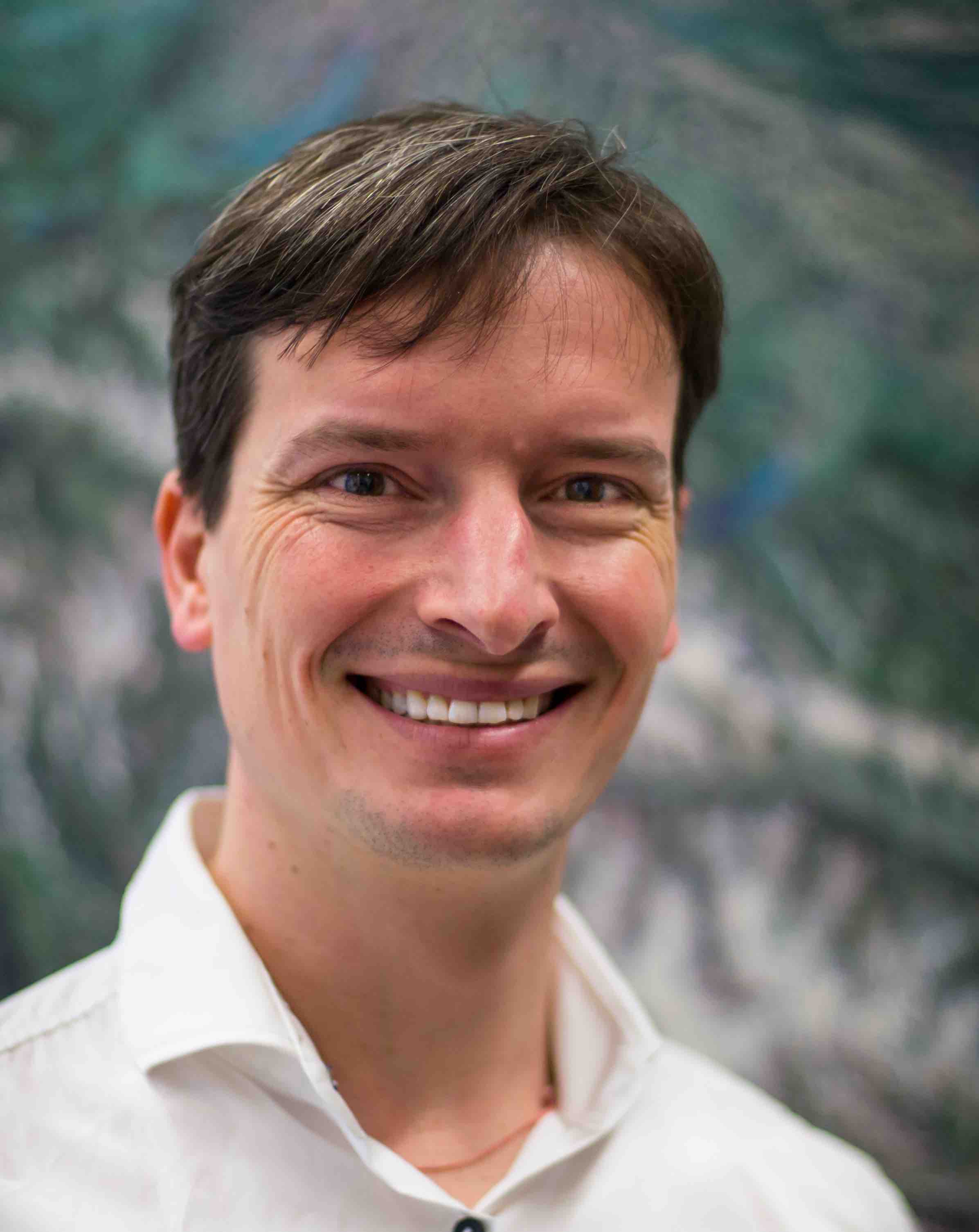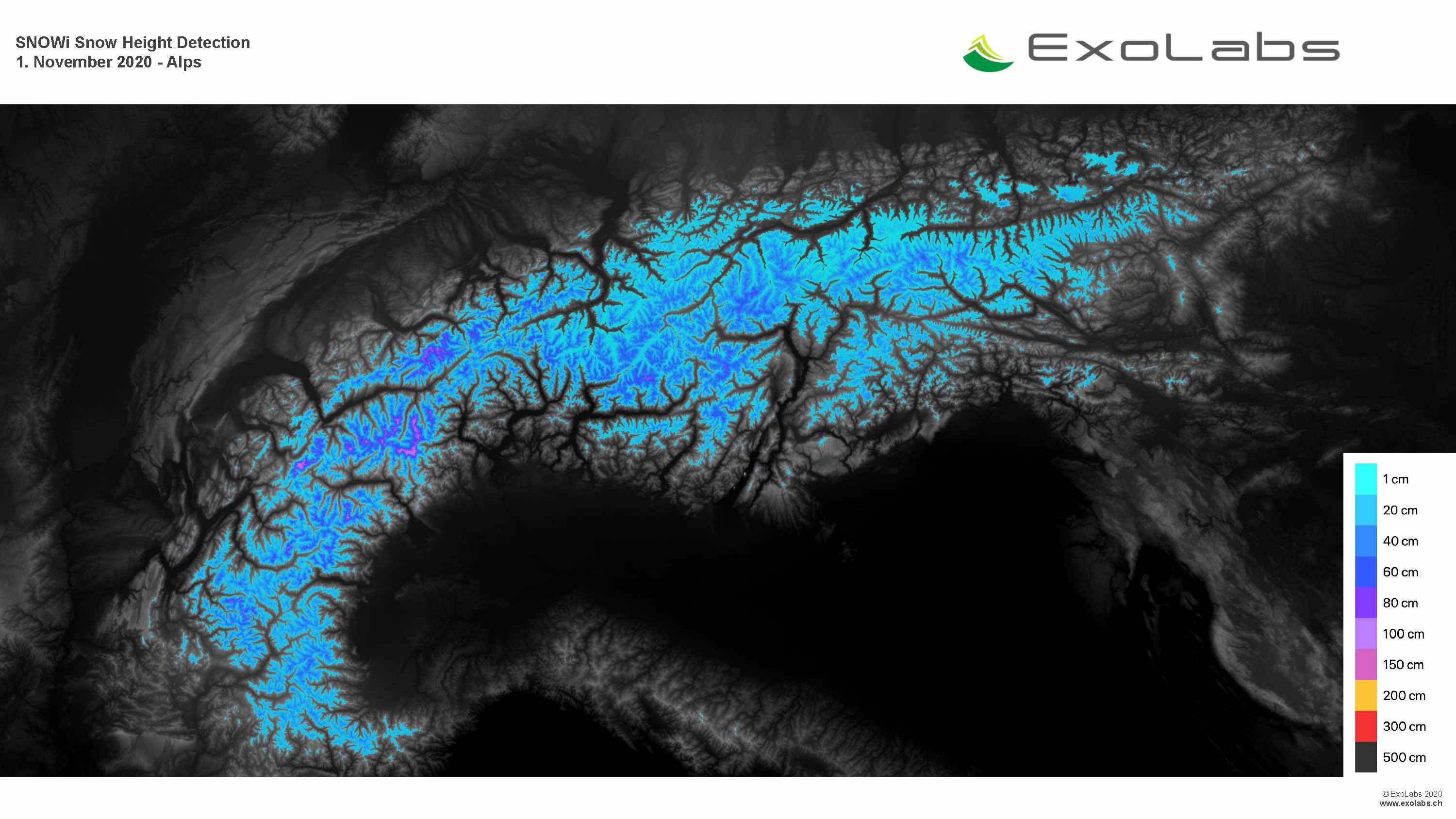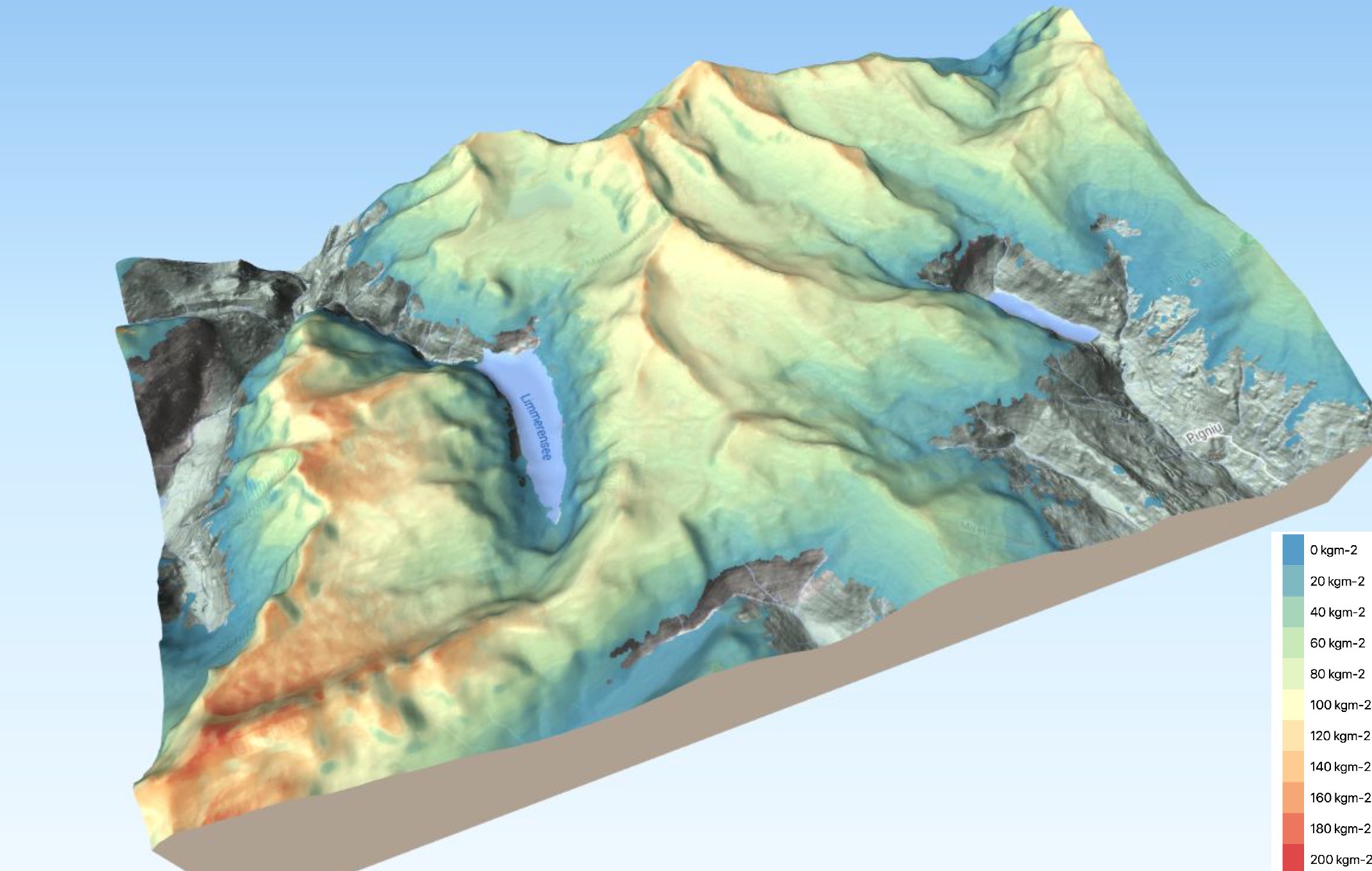Meet a Space Scientist: Reik Leiterer
This month we have interviewed Reik Leiterer, CEO and co-founder of ExoLabs, a spin-off of the Remote Sensing Laboratories (RSL) of the University of Zurich. The goal? To provide tailored software solutions, data products and scientific know-how based on geospatial and remote sensing data to support the private and public sector in gaining insights and efficiency at reduced costs.

What is the main focus of your startup?
In the context of climate change and the associated changes in environmental conditions, ExoLabs enable businesses to better apply insights from Earth Observation (EO) data across sectors ranging from energy, insurance, tourism, commodity trading or agriculture to research and government. We ensure that cutting-edge scientific research finds a direct implementation in user-defined applications by building customized solutions for our clients that deliver financial and operational advantages.

What did bring you to the Space sector?
ExoLabs was founded in 2017 as a spin-off of the Remote Sensing Laboratories (RSL) of the University of Zurich and primarily builds on the complementary expertise of four post-docs. In addition to their research, the team members have been involved in the development and implementation of in-house solutions for EO data processing and product generation for official bodies in Germany and Switzerland, worked for the Swiss National Point of Contact for Satellite Images and been involved in several projects of the European Space Agency and the German Aerospace Centre. Accordingly, Earth observation as a topic has been in our DNA for over 15 years now!
How did you come up with this idea? What did inspire you?
We have always been active in very applied research projects, whether in our MSc and PhD projects or then later as research assistants. As part of our work at the Swiss National Point of Contact for Satellite Images, we gave a lot of keynote speeches in companies and federal authorities, and we also received a lot of inquiries about the economic use of satellite data. As we were often unable to find suitable industrial partners in Switzerland, we came up with the idea of a spin-off. This was then fleshed out in a business concept workshop organized by Innosuisse - and after we won the final pitch, we were convinced that the idea was actually quite good.

What was the most difficult part in starting a startup from scratch?
This is certainly very dependent on the area in which you are active, your own ideas about how you want to develop the company, and the patience and time you can devote to it. For us, it was clear from the beginning that we wanted to have the best products on the market, which requires development time and money. Since we didn't necessarily want to act with the pressure of investors at the beginning, we took the science-based path of project acquisition and used it to finance the development of our prototypes. But there is a lot of reservation on the part of industry about what Earth observation can achieve - and accordingly it also takes a lot of patience to carry out pilots together with the customers, which can then later turn into lucrative contracts. So: patience, patience and patience.
What do you like most about Space?
The ability to perform objective environmental analysis on a global scale using advanced data processing and analysis - both looking back over the last 40 years and as a near-real-time solution - is simply incredible. We live in a time when anyone with a smartphone can order a satellite image of almost any place on earth, and 1-2 hours later you have an up-to-date image. Crazy.
What would be the greatest achievement in the Space Sector?
Difficult question. If I consider the whole space sector and not just the field of Earth Observation, and if I consider the next 50 years as the time horizon - then a manned Mars mission would certainly be high up in the ranking for me.
You are part of the UZH Space Hub: What do you think this will mean for you and your research?
For us, it is above all the exchange and cooperation. From our point of view, this is one of the main components for innovation (keyword open innovation) and there is as much expertise available at UZH as there are still untapped synergies. We hope to contribute to this network and exchange, but also to benefit from the cutting-edge research at UZH and thus maintain our competitive advantage in the market.